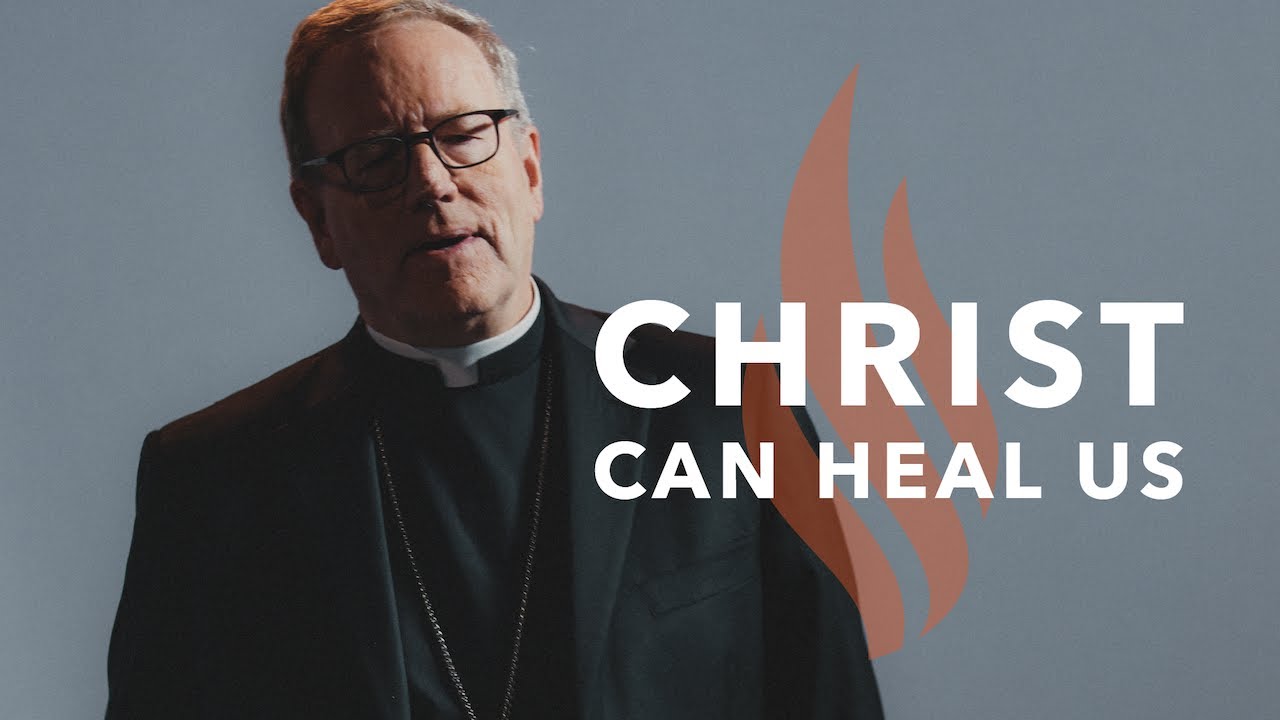Two things really stood out to me in this past Sunday’s Reading:
From St. Paul’s First Letter to the Corinthians (1 Corinthians 15:1-11)
I am reminding you, brothers and sisters,
of the gospel I preached to you,
which you indeed received and in which you also stand.
Through it you are also being saved,
if you hold fast to the word I preached to you,
unless you believed in vain.
For I handed on to you as of first importance what I also received:
that Christ died for our sins
in accordance with the Scriptures;
that he was buried;
that he was raised on the third day
in accordance with the Scriptures;
that he appeared to Cephas, then to the Twelve.
After that, Christ appeared to more
than five hundred brothers at once,
most of whom are still living,
though some have fallen asleep.
After that he appeared to James,
then to all the apostles.
Last of all, as to one born abnormally,
he appeared to me.
For I am the least of the apostles,
not fit to be called an apostle,
because I persecuted the church of God.
But by the grace of God I am what I am,
and his grace to me has not been ineffective.
Indeed, I have toiled harder than all of them;
not I, however, but the grace of God that is with me.
Therefore, whether it be I or they,
so we preach and so you believed.
And from the Gospel according to St. Luke (Luke 5:1-11)
While the crowd was pressing in on Jesus and listening
to the word of God,
he was standing by the Lake of Gennesaret.
He saw two boats there alongside the lake;
the fishermen had disembarked and were washing their nets.
Getting into one of the boats, the one belonging to Simon,
he asked him to put out a short distance from the shore.
Then he sat down and taught the crowds from the boat.
After he had finished speaking, he said to Simon,
“Put out into deep water and lower your nets for a catch.”
Simon said in reply,
"Master, we have worked hard all night and have caught nothing,
but at your command I will lower the nets."
When they had done this, they caught a great number of fish
and their nets were tearing.
They signaled to their partners in the other boat
to come to help them.
They came and filled both boats
so that the boats were in danger of sinking.
When Simon Peter saw this, he fell at the knees of Jesus and said,
“Depart from me, Lord, for I am a sinful man.”
For astonishment at the catch of fish they had made seized him
and all those with him,
and likewise James and John, the sons of Zebedee,
who were partners of Simon.
Jesus said to Simon, "Do not be afraid;
from now on you will be catching men."
When they brought their boats to the shore,
they left everything and followed him.
The first things that stood out to me was the humility of both St. Paul and St. Peter (our first Pope).
St. Paul admits, “For I am the least of the apostles, not fit to be called an apostle, because I persecuted the church of God. But by the grace of God I am what I am, and his grace to me has not been ineffective.”
Simon Peter fell at the knees of Jesus and said, “Depart from me, Lord, for I am a sinful man.”
And God called both of these men of many weaknesses to lead His Church (by the grace of God they followed Christ Jesus).
The second thing I noticed in the Gospel reading was that the word “sinking” is made up of two words, sin and king. When we make a king of our sin, then we lose faith (trust) in God, but when we make Christ our King, then we become humbled, but made strong.
Lord, let us be more like St. Peter and St. Paul. Let us not sink into despair and fear, but rise in You. Amen ♱
